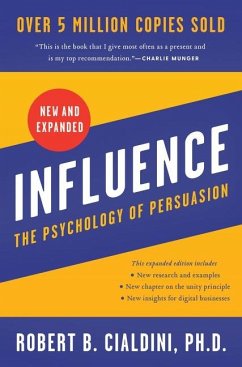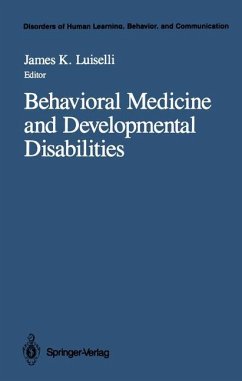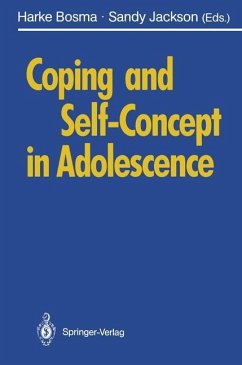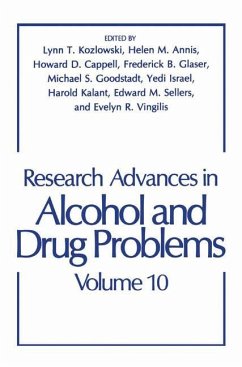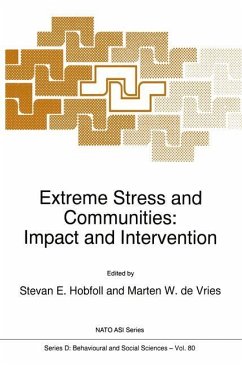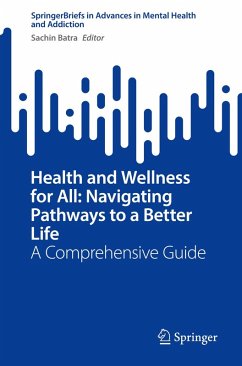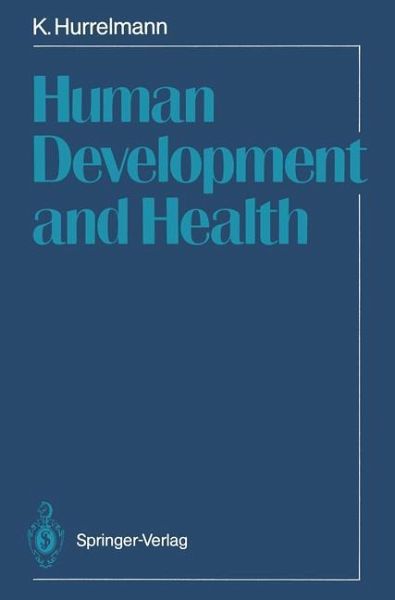
Human Development and Health

PAYBACK Punkte
19 °P sammeln!
This book provides an overview of investigations into the interrela tions between stressful living conditions, individual coping strategies, and social support networks, on the one hand, and physiological, psychological, and social "health", on the other. Health is used as a broad term, and is defined as a state of physical and mental well being by which an individual is capable of processing inner and outer reality in a productive and satisfying manner. The potential stresses and strains inherent in the lifestyles of children, adolescents, and adults in contemporary industrial societies are t...
This book provides an overview of investigations into the interrela tions between stressful living conditions, individual coping strategies, and social support networks, on the one hand, and physiological, psychological, and social "health", on the other. Health is used as a broad term, and is defined as a state of physical and mental well being by which an individual is capable of processing inner and outer reality in a productive and satisfying manner. The potential stresses and strains inherent in the lifestyles of children, adolescents, and adults in contemporary industrial societies are the prime concern of this book. I try to offer a comprehensive view which takes modern socialization theory as its starting point. Chapter 1 introduces the subject and discusses the psychological and social "costs" that accompany life within modern industrial soci ety. Chapter 2 reviews research on types and distribution of social, psychological, and somatic disorders. Chapter 3 explores the risk fac tors and constellations of stressful life events, role conflicts, and tran sitions and focuses on the changes in types of demand or strains throughout the life span. Chapter 4 contains an analysis of the per sonal and social "resources" that can be mobilized if stress occurs.





